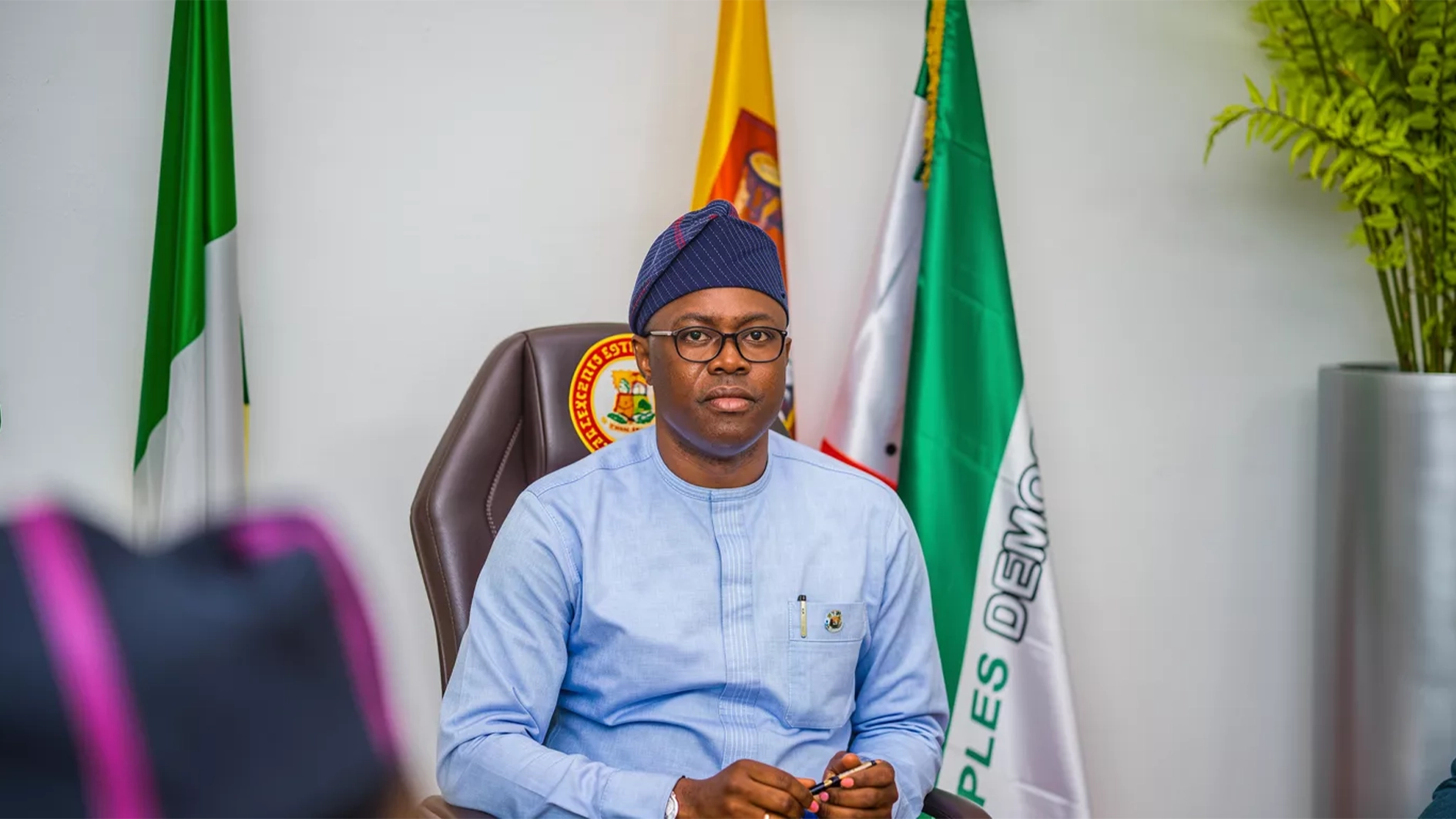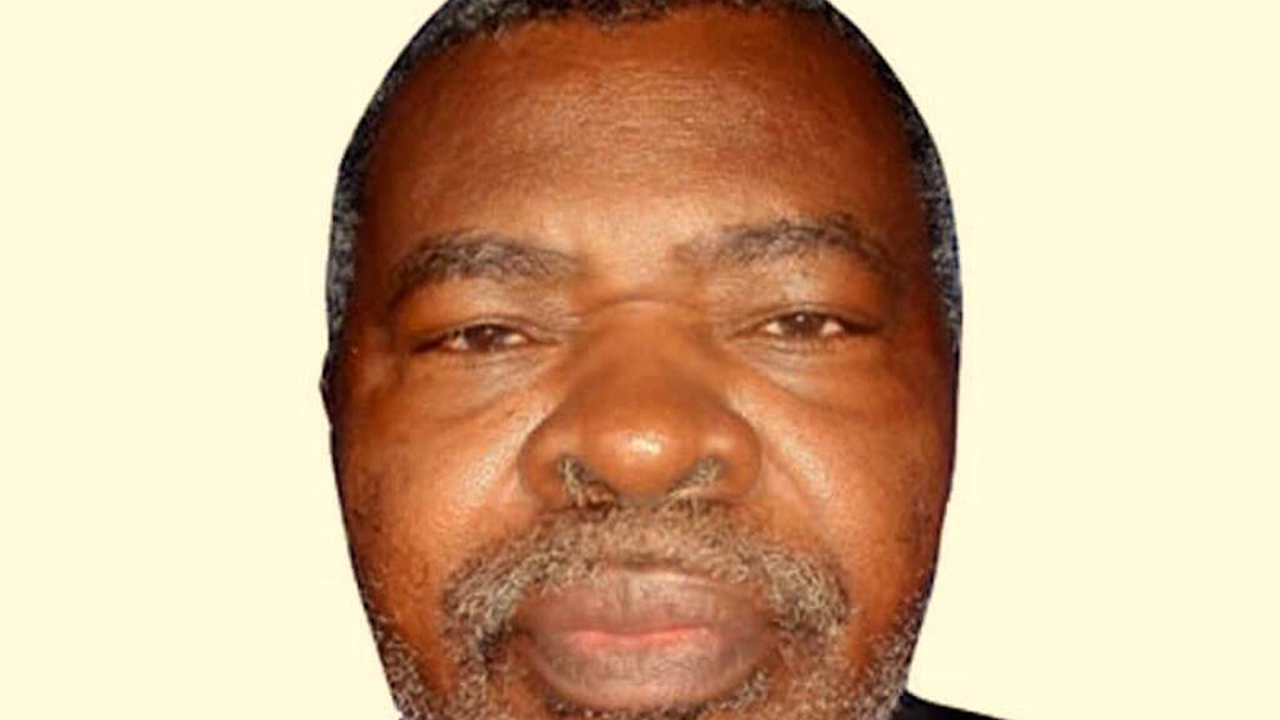
The funding mirage
The policy assumes state financing, but Nigeria’s education budget has never exceeded 7 per cent of GDP—far below UNESCO’s 15–20 per cent recommendation. In 2022, 63 per cent of UBEC funds were unaccessed due to bureaucratic bottlenecks. Without addressing these realities, the 12-4 policy risks becoming another paper tiger.
Education as societal mirror: Aligning policy with reality
For education to “speak to society’s needs,” it must first diagnose them. Nigeria’s unemployment rate (33 per cent) and 35 million small businesses starved of skilled labour demand an education system that prioritises technical proficiency.
Global lessons:
Germany’s Dual System combines classroom learning with apprenticeships, keeping youth unemployment below six per cent. Companies like Siemens train students directly, ensuring job readiness.
Rwanda’s Akazi Kanoze focuses on agriculture and construction, sectors critical to its post-genocide rebuilding. Graduates receive startup kits to launch micro-enterprises.
Nigeria’s policymakers could adapt these models. Imagine a 12-4 system where senior secondary students split time between classrooms and local industries: aspiring engineers interning at Innoson Vehicle Manufacturing and future agripreneurs learning at Dangote Rice Farms.
The kerala model: A subnational blueprint
In Kerala, India, vocational education is integrated into mainstream schooling. In grades 11–12, students choose between academic streams and skill-based tracks (e.g., tourism, IT). By 2022, Kerala’s youth unemployment rate was 12%, compared to Nigeria’s 53 per cent. Adopting such flexibility could make the 12-4 policy more responsive.
A call for radical reimagining
The 12-4 policy need not be a death knell for functional education. To salvage it, we propose:
Stream Reinstatement: Retain vocational tracks within basic education, with certifications tied to competency (e.g., National Vocational Qualifications or the former Trade Test Certificate).
Industry partnerships: Mandate corporations to fund technical schools in exchange for tax rebates. For instance, MTN could sponsor ICT academies, while Guinness Nig. Plc (and similar industrial giants) funds engineering workshops.
Cultural revival: Integrate indigenous knowledge into STEM curricula. The National Board for Technical Education (NBTE) could collaborate with traditional guilds to certify apprentices in herbal medicine or renewable energy. Teacher revolution: Train educators in vocational pedagogy and incentivise professionals (e.g., retired engineers) to teach part-time.
The role of technology
Digital platforms like uLesson and Pass.ng have revolutionised exam prep. Similarly, virtual apprenticeships could connect students with global experts. A Lagos-based startup, SkillNG, already offers online coding boot camps with job guarantees—a model vocational schools could replicate.
Community-Led skill hubs
In Kano, the Gidan Makera (Blacksmiths’ Quarter) has been training youths in metalwork for centuries. Partnering with such hubs could formalise apprenticeships, blending tradition with modern quality standards. In the same way, Itoku in Abeokuta, with its Adire textile hub, could form a veritable tool for knowledge transmission and performance. For example, the Kano State Vocational Training Authority recently piloted a programme where master blacksmiths co-teach with engineers, merging ancestral techniques with CAD design.
Conclusion: Beyond certification to creation
Education must transcend the vanity of certificates and confront the urgency of survival. A mechanic who can diagnose engine faults without a diploma contributes more to society than a degree holder who cannot change a light bulb. The 12-4 policy will only succeed if it resurrects the functional ethos of our ancestors—where learning was not a race to paper qualifications but a lifelong problem-solving journey.
However, this resurrection cannot happen without research-driven policymaking. Nigeria’s educational reforms have been crafted in the echo chambers of political expediency, divorced from empirical realities for too long. The collapse of the 6-3-3 system, the drift of specialised universities, and the looming uncertainty of the 12-4 policy all share a common root: the absence of rigorous, localised research to inform design and implementation.
Consider the 6-3-3 system’s vocational track. Had policymakers conducted baseline studies in the 1980s to map regional industry needs—textile hubs in Kaduna, auto workshops in Nnewi—they could have tailored technical curricula to match those demands. Instead, a generic national syllabus was imposed, producing graduates irrelevant to local economies. Similarly, the 12-4 policy risks repeating this error. Without data on state-specific labour gaps (e.g., Sokoto’s irrigation farming needs versus Rivers’ maritime logistics demands), compulsion becomes a hollow gesture.
Research-driven policymaking demands three pillars:
Localised data collection: Establish state-level Education Data Councils to track labour market trends, skill shortages, and student outcomes. For instance, Lagos’ booming tech sector requires coders, while Kano’s leather industry needs designers.
Stakeholder collaboration: Involve communities, industries, and traditional guilds in curriculum design. The Igba Boy apprenticeship model succeeded because it evolved organically with trader input—a lesson formal education ignores.
Iterative evaluation: Treat policies as experiments. Pilot the 12-4 framework in three states, measure outcomes (e.g., employability rates), and refine before the nationwide rollout.
Singapore’s success in vocational education offers a blueprint. In the 1990s, its Institute of Technical Education (ITE) rebranded vocational training by partnering with 10,000 companies to align courses with industry needs. By 2020, 86 per cent of ITE graduates secured jobs within six months—a feat achieved through relentless data collection and employer feedback loops.
Nigeria’s National Institute for Educational Planning and Administration (NIEPA) could spearhead such efforts, but it remains underfunded and sidelined. Revitalising NIEPA with mandates to publish annual Education-Industry Alignment Reports would ground policymaking in evidence, not guesswork.
Finally, research must confront uncomfortable truths. A 2022 study by Rethinking Education in Nigeria revealed that 72 per cent of secondary school graduates cannot name three industries in their state. This alarming disconnect underscores why policies fail: schools operate in a vacuum, unaware of their communities’ needs. Research bridges this gap, transforming classrooms into incubators for local problem-solvers.
As the Yoruba say, “Ìmo tó bá lè se nnkan, ìyen ni ìmò tó se kókó” (Knowledge that can do something is the knowledge that matters). Let our schools teach our children not just to read but to repair, rebuild, and reimagine. But first, let us rebuild our policymaking process—rooted in research, responsive to reality, and resilient against the tides of political whimsy.
Let us build an education system where a graduate of the 12-4 policy can proudly say, “I may not have read ten books, but I can feed ten families.”
Concluded.
Dr Oluwadele is an author, chartered accountant, certified fraud examiner and public policy scholar based in Canada.
He can be reached via:[email protected]






